Google Ads, like other advertising platforms, has its own unique characteristics, including potential limitations or bugs. In this article, the YeezyPay team, a service that provides access to trusted agency accounts, will address one of these points: why Google Ads confirms an advertising campaign but doesn't actually use up the advertising budget.

Other forum users had some suggestions and theories about what could be happening. They recommended:

While Google Ads operates on a bidding system where advertisers compete for ad placements, the algorithms also take into account an important factor known as ad quality. Ads with higher quality scores, even with lower bids and budgets, have an advantage over ads with lower quality scores but higher bids.
Solutions:
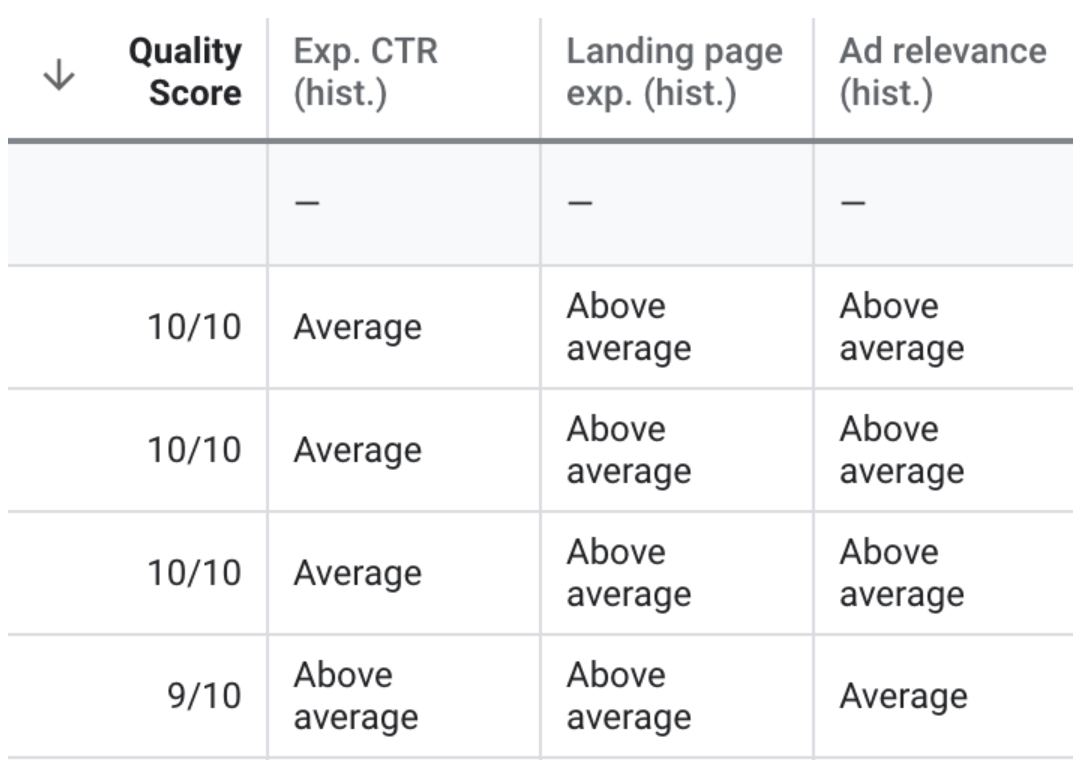
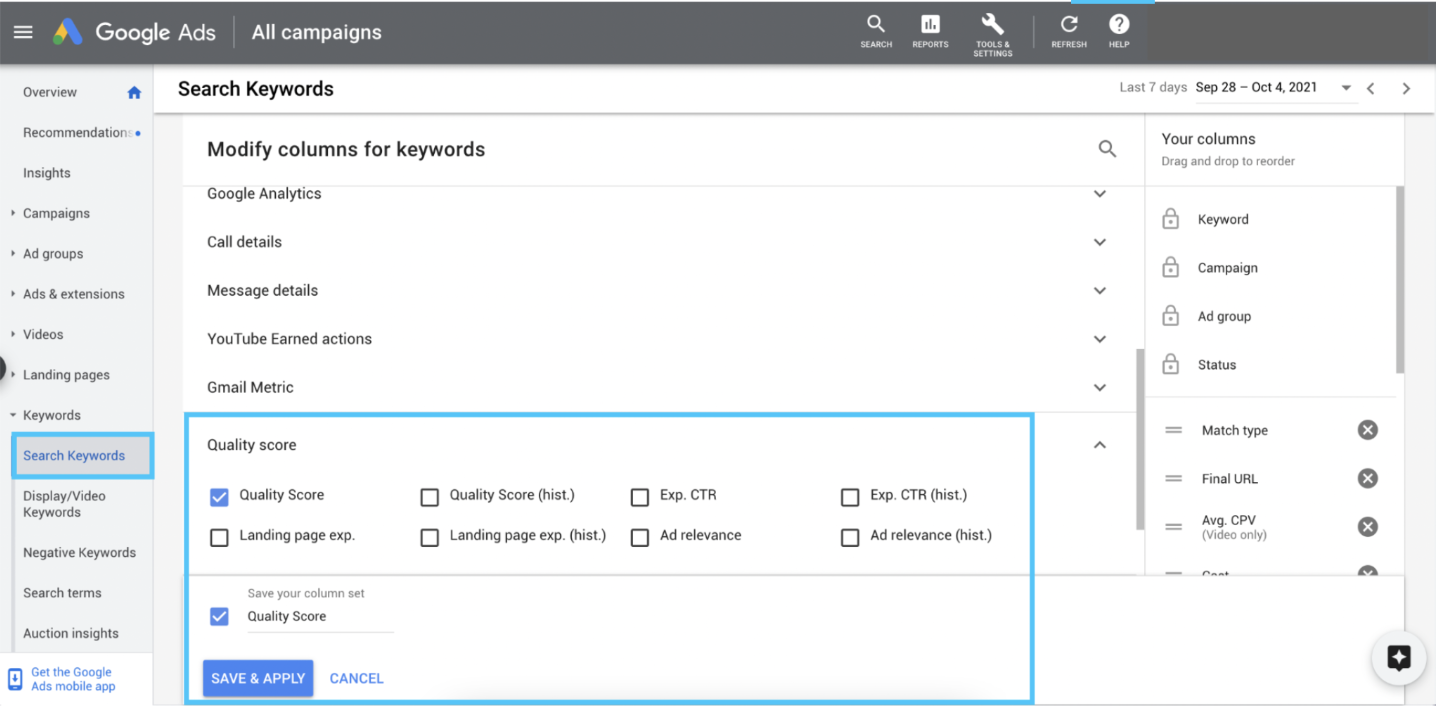
If your Quality Score is low, your ads may be shown infrequently or not at all. This can result in slower delivery or a halt in spending your advertising budget. In such cases, it's worth reviewing and improving your ad copy, ensuring that your keywords, landing page, and its content are all optimized.
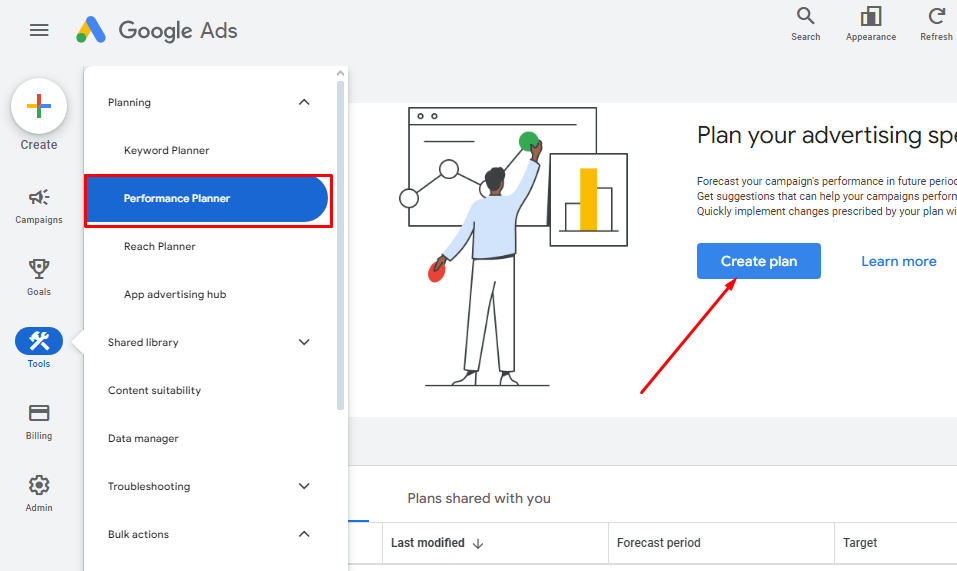

Solutions:
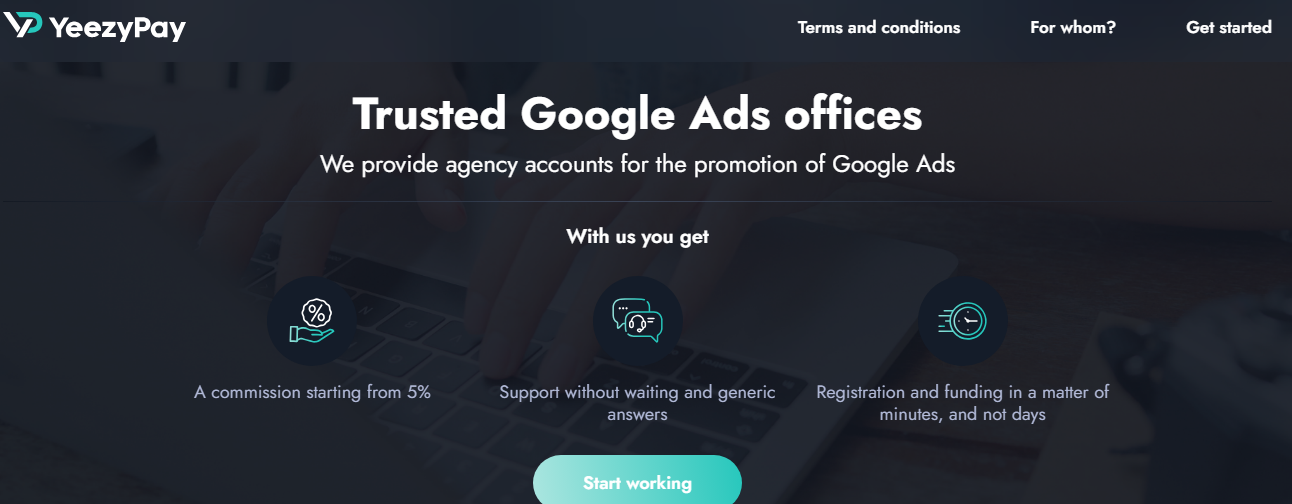
Solutions:
To increase ad ranking, it's important for affiliates, advertisers, or media buyers to focus on improving their click-through rate, ad relevance, and landing page quality.

If your ads are targeting a specific geo or a narrow group of people, it's possible that the search volume for your targeted audience is too low, resulting in your ads not being shown to anyone. This is particularly true when using keywords that are specific to a niche.
It's also important to consider that your offer may simply not be in demand within the selected geo or among the specific audience you're targeting.
Solutions:
You should analyze the search queries and find the most relevant and popular keywords that you might have missed before. Make sure to review your settings for targeting specific locations and check if there's enough demand for your offer. You might need to broaden your target audience a bit by considering different demographics, expanding your list of interests, and adding new keywords.
Another effective way to increase the number of clicks on your ads is to use tools that help you reach a wider audience based on their similar interests, characteristics, and other factors. In 2023, the tool called "Similar Audiences" was replaced with "Optimized Targeting, Audience Expansion, and Smart Bidding.
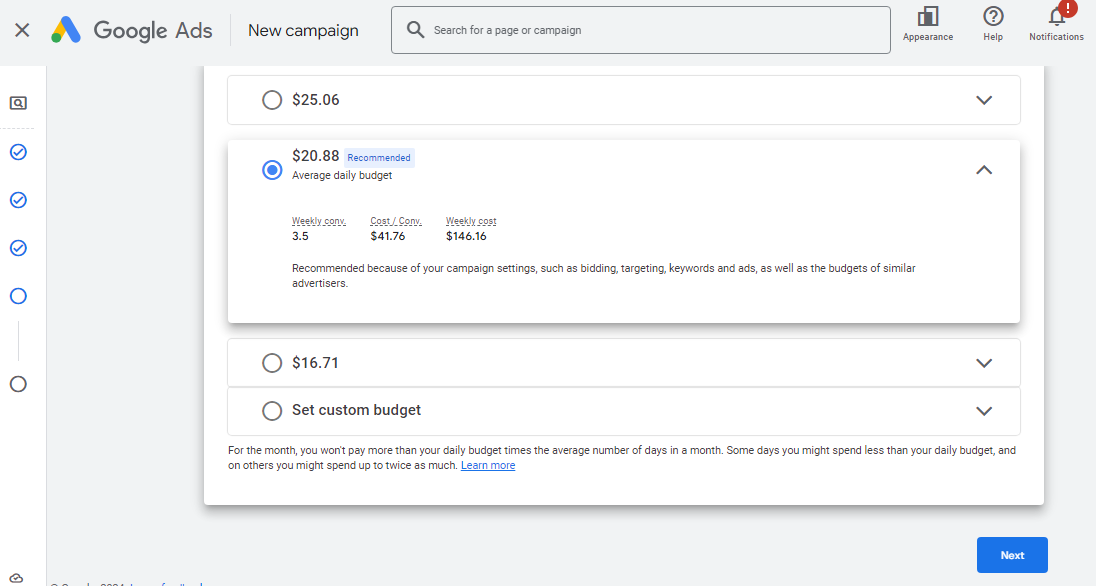
Solutions:
For example, selecting "Target CPA" or "Target ROAS" bidding strategies in a completely new advertising campaign without proper conversion tracking may result in no clicks at all. These bidding strategies rely on historical data about past conversions to optimize performance effectively.
Possible Solution:

In addition to bidding strategy, it's important to consider ad scheduling and plan your ad display timing effectively. Take into account the time zone of your target audience and think about when they are most likely to search for the promoted offer or related products and services.
Brief background
Someone on a popular online marketing forum shared a problem they were facing. They had created ad campaigns that were approved by Google's algorithms, but the ads didn't start running even after two weeks. The person had checked all the keywords that had worked well in previous campaigns and made sure the website was the same.Other forum users had some suggestions and theories about what could be happening. They recommended:
- Waiting for the advertising campaign to be rejected or suspended and then filing an appeal.
- Changing the type of keyword match to a broader one.
Why does Google approve a campaign but not spend the budget?
Let's explore the potential reasons for this issue and discuss possible solutions for each of them.Low ad quality
While Google Ads operates on a bidding system where advertisers compete for ad placements, the algorithms also take into account an important factor known as ad quality. Ads with higher quality scores, even with lower bids and budgets, have an advantage over ads with lower quality scores but higher bids.
Solutions:
- Check the quality of your ads using the Quality Score tool.
- You can find this option in the "Keywords" tab and add a new column called Quality Score.
If your Quality Score is low, your ads may be shown infrequently or not at all. This can result in slower delivery or a halt in spending your advertising budget. In such cases, it's worth reviewing and improving your ad copy, ensuring that your keywords, landing page, and its content are all optimized.
- Another way to tackle this problem is by setting up conversion tracking. This allows Google to gather data on the effectiveness of your ads and optimize your advertising campaigns based on this information. You can configure conversion tracking in the "Performance Planner" tab.
Small budget and/or maximum bid
When working with a small budget and having a low maximum bid set by the advertiser, your ads and overall advertising campaign may struggle to compete against other participants in the auction. This becomes particularly important to monitor if the vertical you're operating in has a high cost per click.Solutions:
- Start by analyzing the cost per click (CPC) of your confirmed campaign and compare it with industry benchmarks. This will help you determine if your bids are competitive enough given the budget constraints.
- Consider gradually increasing your bids over several days to make your ads more competitive. However, it's important to be cautious. A sudden and big increase in bids can lead to higher costs without achieving the desired results. Moreover, it may trigger Google's algorithms to flag or block your account. To minimize the risk of an account suspension, it's recommended to use trusted agency accounts provided by YeezyPay.
Low ad rank
Ad rank is a key factor that determines the position of an ad in Google search results compared to competing ads. It is calculated based on several key components, including:- Bid amount
- Predicted click-through rate (CTR)
- Ad relevance
- Landing page usability and content relevance
- Auction competitiveness
- Expected impact of ad extensions
- Context of the user's search queries
Solutions:
To increase ad ranking, it's important for affiliates, advertisers, or media buyers to focus on improving their click-through rate, ad relevance, and landing page quality.
Excessive narrow targeting
If your ads are targeting a specific geo or a narrow group of people, it's possible that the search volume for your targeted audience is too low, resulting in your ads not being shown to anyone. This is particularly true when using keywords that are specific to a niche.
It's also important to consider that your offer may simply not be in demand within the selected geo or among the specific audience you're targeting.
Solutions:
You should analyze the search queries and find the most relevant and popular keywords that you might have missed before. Make sure to review your settings for targeting specific locations and check if there's enough demand for your offer. You might need to broaden your target audience a bit by considering different demographics, expanding your list of interests, and adding new keywords.
Another effective way to increase the number of clicks on your ads is to use tools that help you reach a wider audience based on their similar interests, characteristics, and other factors. In 2023, the tool called "Similar Audiences" was replaced with "Optimized Targeting, Audience Expansion, and Smart Bidding.
Irrelevant keyword match types
Incorrectly chosen keyword match types can have a negative impact on the impressions and budget utilization of your advertising campaign, similar to the issues with narrow targeting. Here are a couple of scenarios to be aware of:- Broad match keywords: While they may increase costs, they can also result in a higher percentage of untargeted traffic. This means that your ads may be shown to a wider audience that may not be interested in your offer.
- Exact match keywords: On the other hand, using exact match keywords can reduce the number of impressions your ads receive, potentially limiting the visibility of your ads and not fully utilizing your budget.
Solutions:
- Review your list of keywords in the ad campaign and consider adding broader or related keywords if necessary.
- If you have a campaign that repeats a successful past campaign, analyze search query reports to identify profitable keywords. You can assign a higher bid to these keywords. Also, make sure to add any keywords that are no longer relevant to your list of negative keywords.
Ineffective bidding strategy and ad scheduling
Google Ads offers various bidding options that are designed to achieve specific goals based on the objectives of your ad campaign. However, it's important to choose the right bidding strategy based on your campaign's needs and ensure that it aligns with your setup and goals.For example, selecting "Target CPA" or "Target ROAS" bidding strategies in a completely new advertising campaign without proper conversion tracking may result in no clicks at all. These bidding strategies rely on historical data about past conversions to optimize performance effectively.
Possible Solution:
- It is necessary to take a close look at your campaign and consider the possibility of adjusting your bidding strategy. Instead of solely focusing on clicks, you may want to prioritize conversions or vice versa. Choose a bidding strategy that aligns with your campaign goals and objectives.
In addition to bidding strategy, it's important to consider ad scheduling and plan your ad display timing effectively. Take into account the time zone of your target audience and think about when they are most likely to search for the promoted offer or related products and services.


